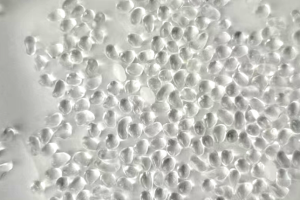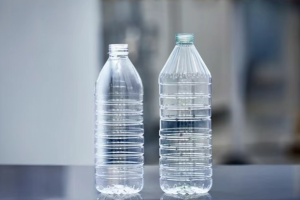April 19, 2025 – A highly – debated service has emerged in the healthcare sector. Clarify Clinics, a high – end medical clinic based in London, UK, has launched a customized service claiming to remove microplastics from human blood, causing a stir within the industry.
The blood filtration service named “Clari” (plasmapheresis) comes with a price tag of over $12,000 (around 87,465 yuan) per course of treatment. As Yael Cohen, the clinic’s CEO, revealed to Wired magazine, the service offers a comfortable experience. Many patients can even fall asleep during the treatment. During the procedure, patients feel no significant discomfort and can talk normally, participate in video conferences, or watch movies. Cohen jokingly said that the patients who sleep soundly during treatment are the ones that make her most satisfied.

According to AsiaMB, Clarify Clinics, located in the prestigious Harley Street medical district in London, has attracted numerous clients suffering from health issues such as chronic fatigue, brain fog, long – COVID symptoms, and lupus. Although the clinic claims that the service can alleviate various diseases, the extent of the harm that microplastics cause to human health remains inconclusive in the scientific community. In recent years, while some studies have pointed out associations between microplastics and human cells or heart damage, these observational studies cannot definitively prove a causal relationship. Notably, microplastics have been found everywhere globally, from human blood, intestines, and brains to archaeological sites and even Mount Everest.
While no research has yet confirmed the actual effectiveness of the “Clari” procedure, plasmapheresis, as a treatment for certain autoimmune and neurological diseases, has a substantial amount of evidence supporting its safety and efficacy. Additionally, the attention from longevity influencer Bryan Johnson towards “total plasma exchange” has also added some popularity to this service. Johnson once attempted an extreme form of plasma exchange by injecting his son’s filtered blood into his own body.
Wired magazine reporter Matt Reynolds didn’t try the “Clari” service himself but underwent a microplastic level test. The results showed that his fingertip blood sample contained about 190 microplastic particles per milliliter, which is at a relatively low level. However, Cohen made a stunning claim: even so, there are still around one million microplastic particles in his circulatory system! This statement has once again heightened the public’s concern about microplastics in the human body.














